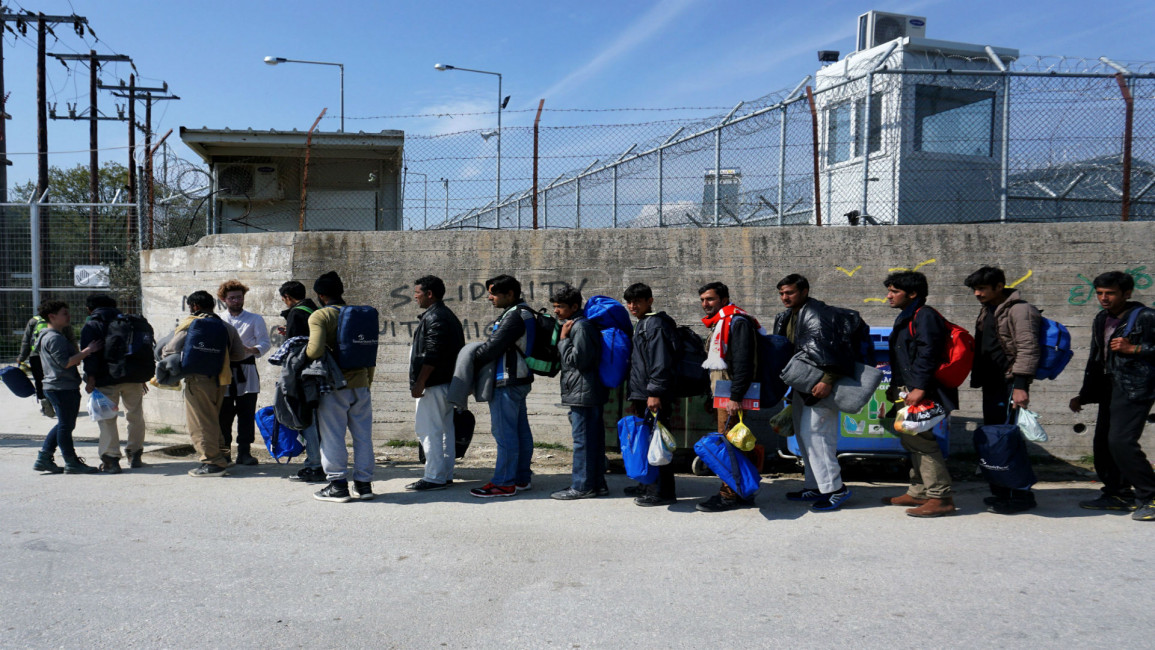EU 'extremely concerned' about migrant pushbacks, urges probes
The European Union on Thursday voiced serious concern over reports of illegal, sometimes violent, migrant pushbacks at the bloc's borders and called for probes in Greece and Croatia.
"Some of these report are shocking and I'm extremely concerned," the EU's home affairs commissioner Ylva Johansson said.
"This needs to be investigated."
Johansson, who is due to meet with Croatia's Interior Minister Davor Bozinovic in the evening as well as Greece's migration minister, also said she was worried about "evidence of misuse of EU funds" given to members to protect their borders.
Bozinovic said Thursday police were investigating reports of migrant pushbacks after television channel RTL aired videos reportedly filmed at the border with Bosnia in June.
These showed men in balaclavas beating migrants with sticks and pushing them back to Bosnia.
Reporters from seven countries involved in the filming said they had uncovered a "system" run by police "special units" who hid their identity.
They included journalists from German public broadcaster ARD, French newspaper Liberation as well as Croatian and Serb media and Dutch investigative platform Lighthouse Reports.
"An expert team is on the spot today to establish what has happened, who participated and where it happened," Bozinovic told journalists.
"Then we will decide about further steps," he said and stressed there was no "place for violence in Croatian police".
European Union member Croatia lies on the so-Balkans route, used by migrants heading towards Western Europe as they flee war and poverty in the Middle East, Asia and Africa.
They enter Croatia mainly from Bosnia.
Human rights groups and independent media regularly accuse Croatia of police violence targeting migrants.
In 2020, Amnesty International accused the EU of turning a blind eye to it.
Human rights watchdogs have quoted Bosnian doctors and some migrants as saying those attempting to cross the border were beaten with metal sticks, batons and pistols before being sent back to Bosnia.
Zagreb regularly rejects such allegations.
Croatia protects both itself and the bloc from illegal entries, interior minister Bozinovic said on Thursday.
Other videos and witness testimonies point to Greece.
The country's special coastguard units allegedly intercept migrant boats in the Aegean Sea and set them adrift on orange rafts, some paid for with EU cash.
Amnesty International labelled it "alarming" that Brussels "continues to close its eyes to flagrant violations of EU law and even continues to finance police and border operations in some of these countries".



